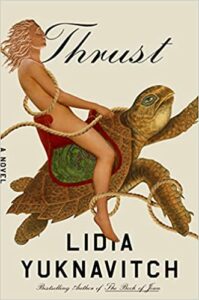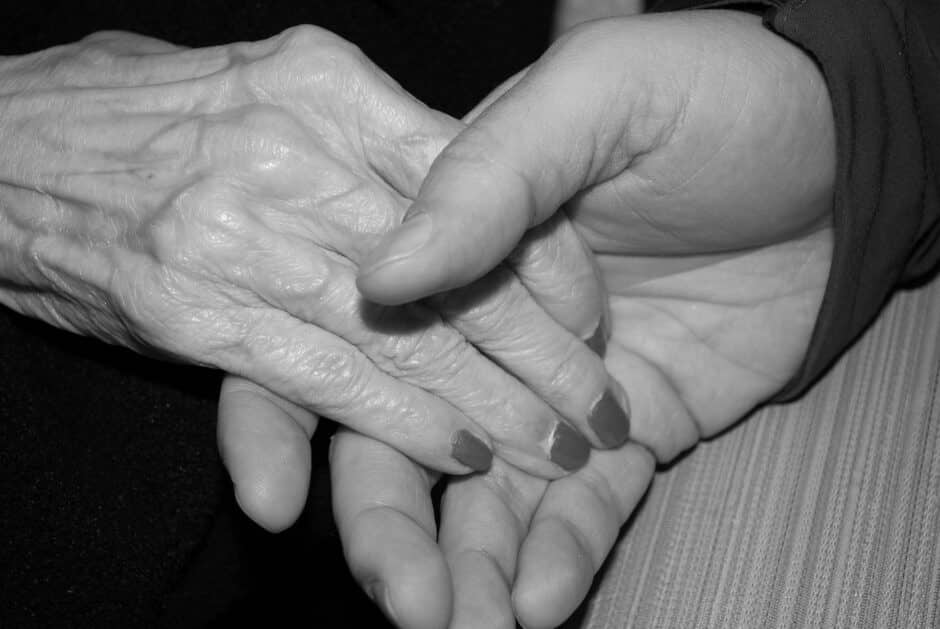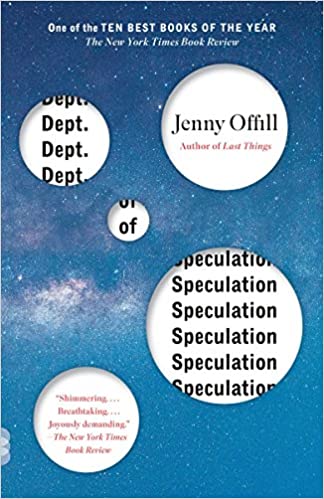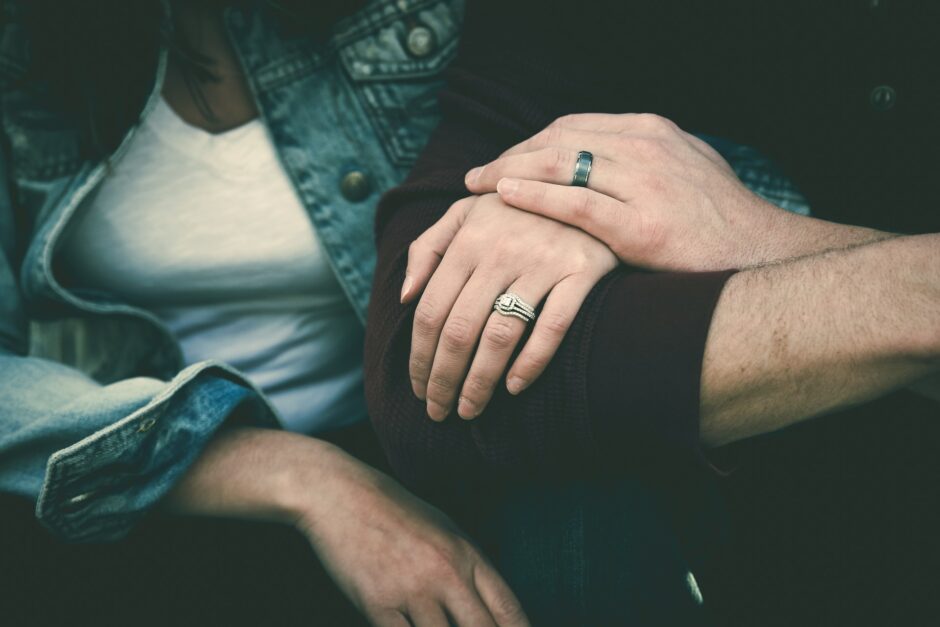Budoia, Italy 1983
I didn’t know their names, and barely spoke their language, but for months, each time the woman and her husband saw me, they would smile and call out, “buon giorno!”
It had been a week since I’d seen them, when I noticed the woman, dressed in black, standing alone in her yard. Her expression screamed heartache, so I went to her, mumbling “scusami.”
For the next hour we sat, her hands holding mine, her words pouring out as rapidly as her tears. On occasion I would nod, not understanding her words, but fully immersed in her grief.
Tom Gumbert and wife Andrea, live near an Adena Burial Mound in SW Ohio. A U.S. Air Force veteran, Tom was stationed in Italy in the early 80’s. He feels fortunate to have had stories published alongside those of his literary heroes.
***
Have you ordered Thrust?

“Blistering and visionary . . . This is the author’s best yet.” —Publishers Weekly (starred review)
***












